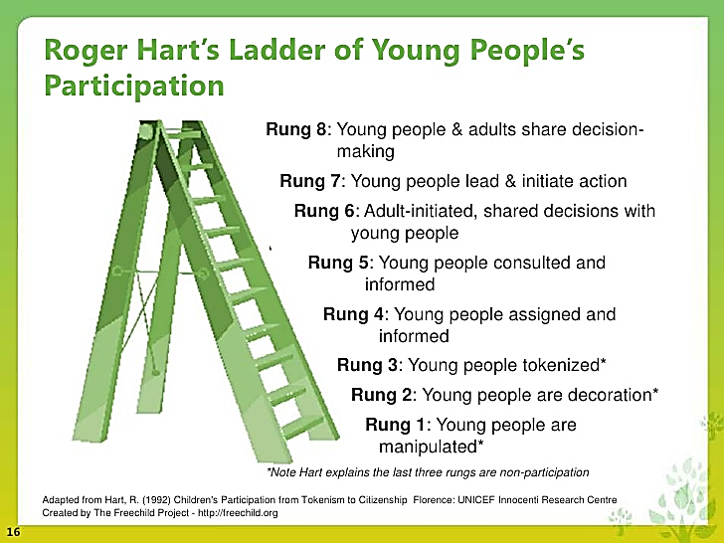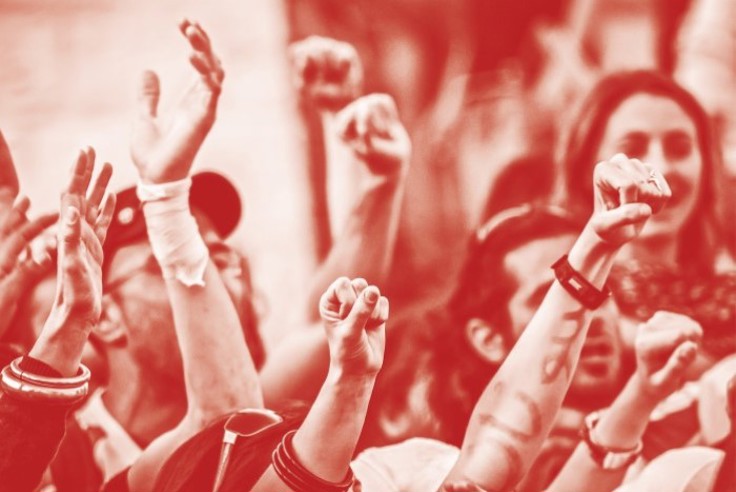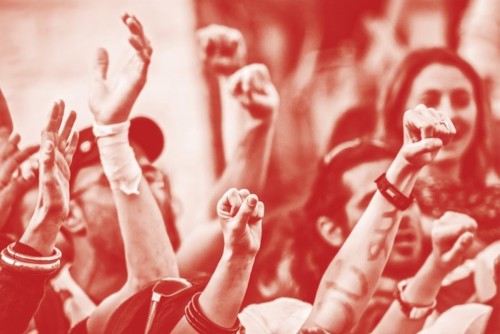Transforming Food Systems: what role do you(th) play?
News
|Published
On August 17th, the CO-CREATE Youth Taskforce and Consortium convened with youth activists from Bite Back 2030 and Act4Food Act4Change to celebrate International Youth Day.
This news article is older than 30 days and the information may be outdated
Go to the home pageOn August 17th, the CO-CREATE Youth Taskforce and Consortium convened with youth activists from Bite Back 2030 and Act4Food Act4Change to celebrate International Youth Day.
Focused on the theme of “Transforming Food Systems: Youth Innovation for Human and Planetary Health”, the event explored the work of global changemakers who are taking action to restore the planet and identified the principles for real and meaningful youth participation. The COVID-19 pandemic revealed long-standing flaws in our health, social, economic and food systems, and has not gone unnoticed by youth. Ahead of the upcoming UN Food Systems Summit (UNFSS), youth who have repeatedly shown their desire to use the Summit as an advocacy platform and call for real change to strengthen human and planetary health. By hosting this event, the CO-CREATE project aimed to support this goal and provide a platform for youth voices to be heard.
‘A lot of the conversations around youth engagement are often focused on young people and frame them as the future leaders rather than the fact that there are many young entrepreneurs, activists, home cooks, chefs who are on the ground, at the grassroots level transforming food systems today.’ – Taylor Quinn. Retail Coordination Officer, World Food Programme; Founder, Tailored Food
The event explored five principles for real and meaningful youth participation, also depicted in Roger Harts Ladder of Participation (see below):
- Independence: young people must be given the space to form their own opinions independently.
- Knowledge: adults have a responsibility to provide young people with platforms and resources on the topics of interest to them. They are experts and know best what it Is like being a young person today.
- Representation: our world is home to the largest generation of young people in history, each with unique perspectives. One must not generalise or talk about youth demands as a ‘collective’.
- Information: young people should have information on the topics they are going to participate in. They must receive information on the processes and decisions they are involved in, including why, how, and when.
- Continuity: young people should be involved in a project or process over time, from project development, execution, and evaluation.

Roger Hart's Ladder of Young People's Participation, depicting the different ways in which youth are involved in projects and processes. ‘Rung 5-8’ are the preferred approaches.
From the dialogue emerged a clear call-to-action for policymakers and governments to ensure all children have access to high-quality, practical based food and nutrition education in school. The provision of free and inclusive physical activity programmes for children at least once a week was also reiterated. Both demands are core messages reiterated in the CO-CREATE Youth Declaration.
Among issues that needs to be prioritised to influence tangible, positive change in our world’s food systems, the youth discussed and highlighted some:
- Commitment to equity and justice as a core value in local, national, and international responses.
- Cross-sector collaboration with industry, farmers, social scientists’ politicians to form coalitions with diverse insights and expertise.
- Public-private partnerships, with a focus on engaging young ‘intrapreneurs’ working at food companies.
- A focus on the health of people and simultaneously the health of the planetary patient.
The Act4Food Act4Change campaign is committed to influence positive change so that everyone can afford healthy and nutritious food. Youth leaders across the world have co-authored a pledge and simultaneously a list of 17 actions4change. The top-five actions to address problems with our food systems will be brought to decision-makers at the UNFSS this September. You can sign the pledge that has received 10K+ signatories to date and vote for your top actions now. Want to get involved in the UN FSS? Read more here.
Are you with us, or are you against it?
By: Claudia Selin Batz, Policy and Projects Coordinator, World Obesity Federation.


